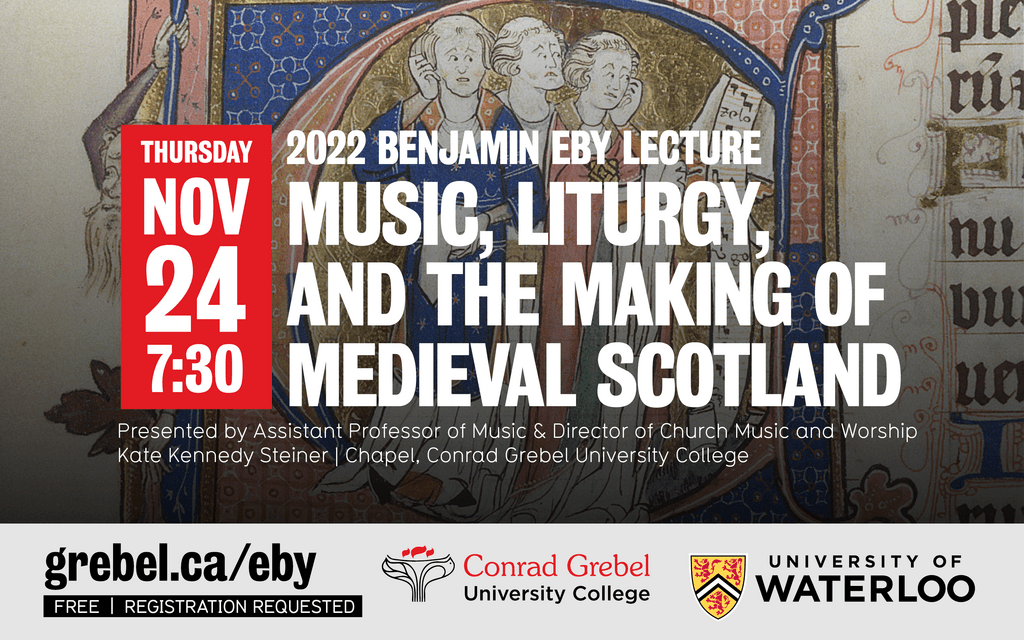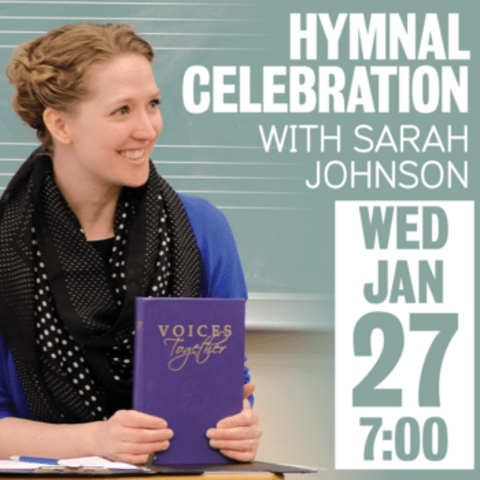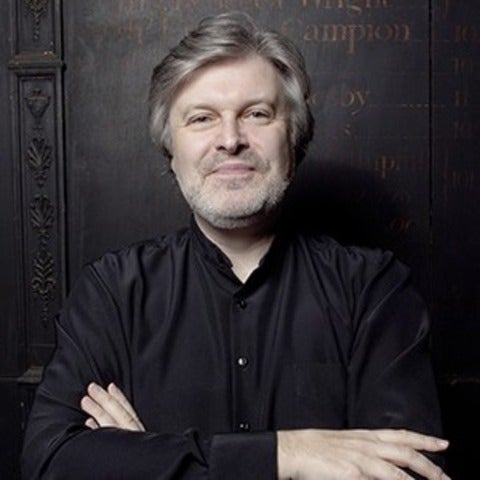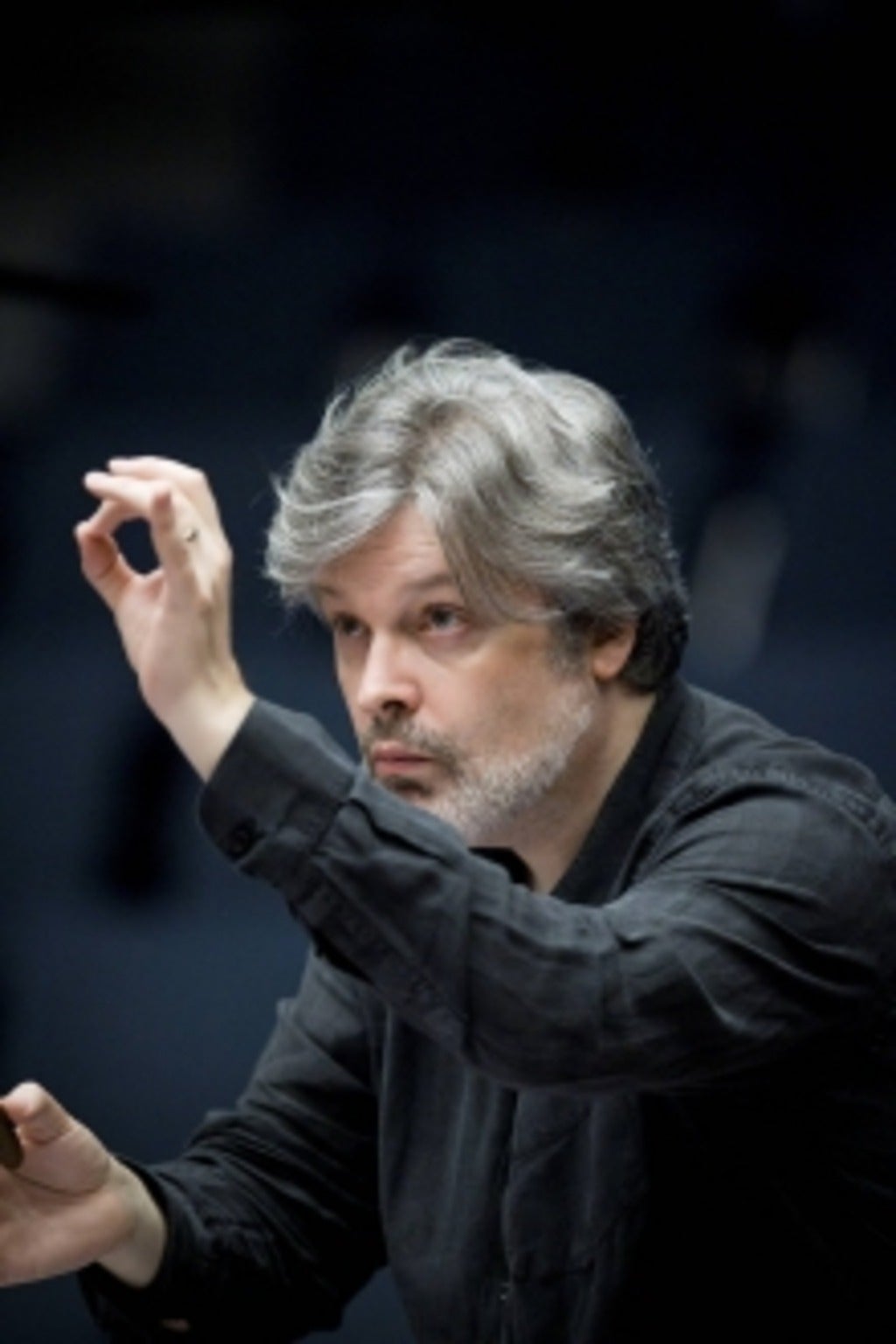2022 Benjamin Eby Lecture
Today, Scotland’s patron saint, Andrew the Apostle, anchors Scottish national identity in an annual holiday on his feast day. But in the century leading up to the Scottish declaration of independence, the 1320 Declaration of Arbroath, Saint Andrew’s significance expanded from that of a local saint to become the central figure in the foundation of Christianized Scotland. This lecture will feature the performance of medieval liturgical music made at the Cathedral of St Andrews to celebrate Saint Andrew’s relics, showing how liturgical music shaped history.



 The 2019 Benjamin Eby Lecture will be presented by
The 2019 Benjamin Eby Lecture will be presented by 

